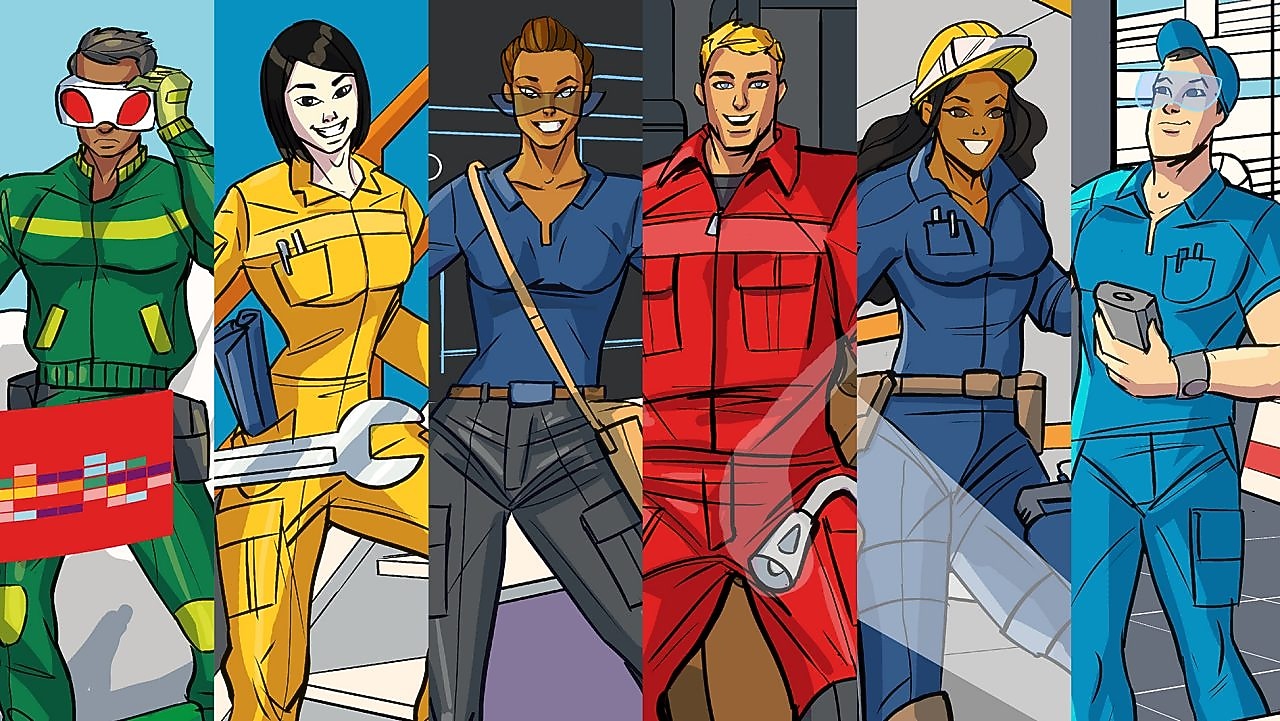
High School Educator Resources
As high school teachers, you play a key role in shaping and energizing the future of your students by teaching and helping them explore their interests – which may very well lead to their future jobs. Shell is pleased to provide you with energy curriculum for your classroom.
All lesson plans include a teacher’s guide and a corresponding lesson printable in a downloadable PDF format. Each teacher’s guide has detailed instructions, materials required, Next Generation Science Standards and additional resource links for the topic. The NGSS were used to set the expectations for what students should know and be able to do at the conclusion of each activity. For more information regarding the NGSS, please visit https://www.nextgenscience.org
Social Responsibility Statement
Teach students about energy and consumption. Students will take a personal inventory of everyday items and create a social responsibility statement to encourage them to think more critically about their consumption. Students will be able to list ways they can employ social responsibility in relation to their energy use and product consumption.
Social Responsibility Teacher's Guide
Lesson Printable: Personal Energy Audit
Career Quiz
Engage students in determining what careers are available in the petroleum and natural gas industry and how these careers might relate to their interests. Students will participate in an online quiz, independent research and prepare a sample career profile.
Lesson Printable: LinkedIn Student Template


